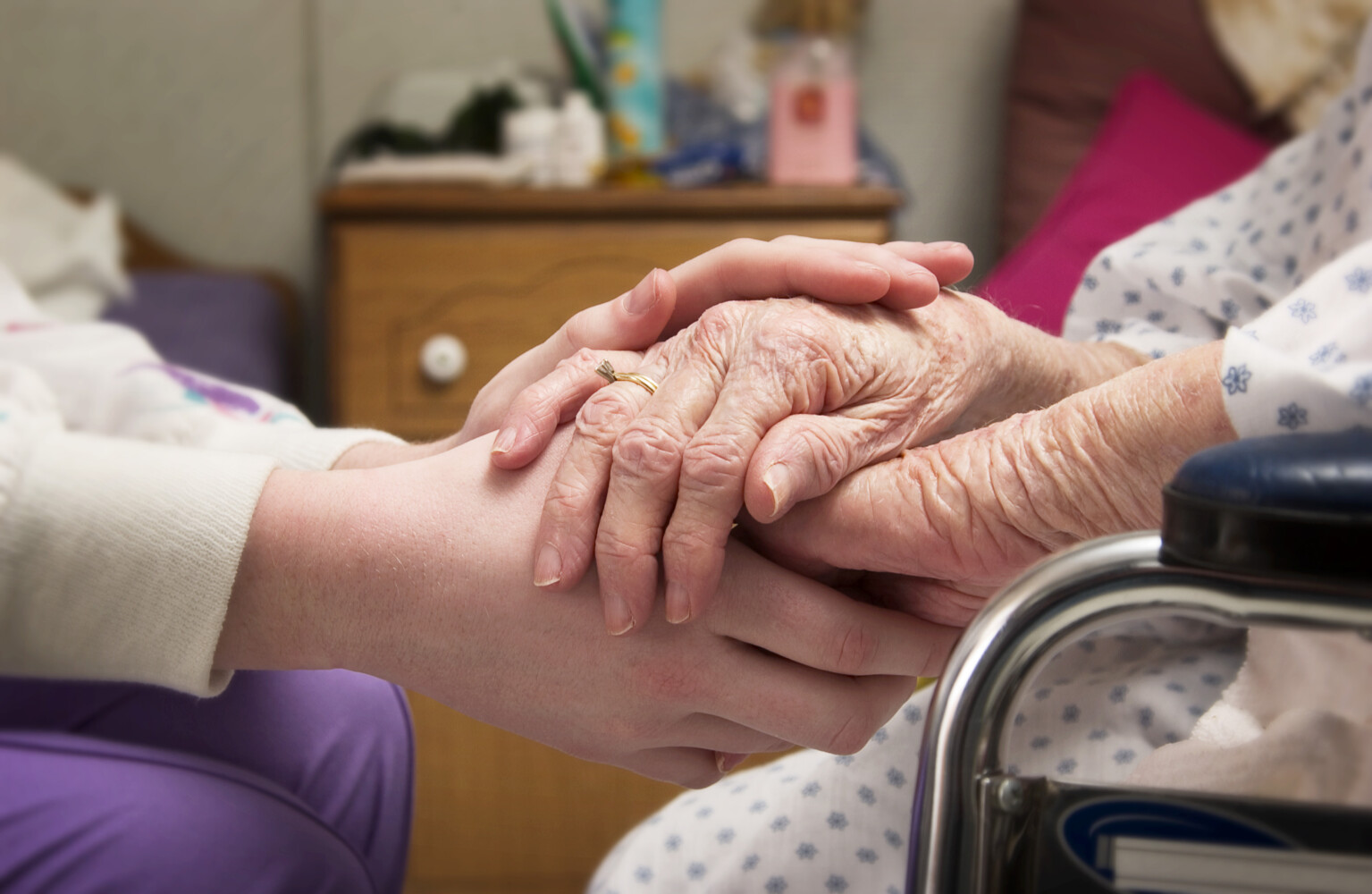In all the debate about smartphone use and children are a group of people desperately hoping for some sort of consensus from the grown-ups: parents of primary school-aged children. So that we aren’t just left to try to work out what’s right and what’s wrong for our kids when it comes to smartphones, while government officials, education bodies and tech companies argue amongst themselves.For parents like me, whose children are too young for phones, we don’t have to ride the rollercoaster of fear over what the right thing to do with our children’s smartphone use is.
Should they be able to use them in school, for example? Are we putting enough safeguards in place to protect them online? How much screen time is too much? But soon we will be climbing aboard.We are all just hoping that by that point, those in charge will take their fingers out of their ears and tell us what to do, instead of leaving us to scramble around in the dark looking for the button that ensures our kids go through their teenage years without being damaged emotionally and psychologically by smartphone features, the internet and online content.if(window.

adverts) { window.adverts.addToArray({"pos": "inread-hb-ros-inews"}); }The internet was invented in 1983, so I feel it’s not unreasonable to think that we should have reached a point where protecting kids was the first priority in a world dominated by technology.
But ever since pornography became more widespread in the 1990s, the issue of it being so easily accessible to children has never been treated as something that needed to be tackled immediately. Almost 40 years later, it still isn’t.Considering the technological advances which have taken place since the 1980s – this year pop star Katy Perry and Jeff Bezos’ fiancée will be sent into space, in just one example – you would think those in charge of regulating technology would have worked out how to ensure children do not have free access to harmful content such as porn.
This, and for so many other reasons, is why playgrounds up and down the country are jam packed full of parents seeking answers and guidance from each other about what to do as secondary school approaches.if(window.adverts) { window.
adverts.addToArray({"pos": "mpu_mobile_l1"}); }if(window.adverts) { window.
adverts.addToArray({"pos": "mpu_tablet_l1"}); }We need clear, tangible, irrefutable guidelines from the Government and health bodies about how we protect our children when they do have access to smartphones in the future. Some 20-odd years after the creation of MySpace and Facebook, policy makers are still going round and round in circles talking about how to maybe protect children, while the victims of devastating situations enabled by material on the internet continue to mount up.
#color-context-related-article-3585007 {--inews-color-primary: #3759B7;--inews-color-secondary: #EFF2FA;--inews-color-tertiary: #3759B7;} Read Next square CHARLENE WHITE Don't call me a 'dance mom' - I'm not defined by my kidsRead MoreThis week came the news that 90 per cent of secondary schools in England now ban mobile phone use, with more headteachers swiftly banning them during school hours over the past year. Both experts and charities who work in the field say this is brilliant news and overdue.But I can’t help thinking that children’s mental well-being and brain development just isn’t a priority in this country.
When you look at leaders elsewhere in Europe, it feels as though their official bodies work together more cohesively on these things.France, for example, prohibited mobile phones in primary and secondary schools in 2018, and there are many other European countries who brought in restrictions at the start of this year.I started using a mobile phone in 1996 when I was in sixth form, but back then there was no internet access and it wasn’t much of a distraction.
So I have no lived experience that would show kids need access to a smartphone in school in the first place, or which would help me decide whether the positives of having the technology outweigh the negatives.The lack of lived reality is the same for most of the parents I natter to in the playground. We’re all just keeping our fingers crossed that by the time our kids hit secondary school, the to-ing and fro-ing with the rules for tech companies and guidance for us will be sorted out, and we’ll know what the right thing to do is.
The thought that the Government, charities, schools and tech companies still won’t have reached a consensus by the time my eldest, Alfie, hits secondary school in three years’ time seems unfathomable. But history shows that though technological advances have been swift, protecting children with the same fervour has not.So grown-ups, how about you get together, work out how to safeguard children and formulate a plan for us parents before the playground kids reach teenage years.
Because the teenagers before them have been failed..
Politics

My fear of getting it wrong is overwhelming when it comes to kids and their phones

Playgrounds up and down the country are full of worried parents seeking guidance














